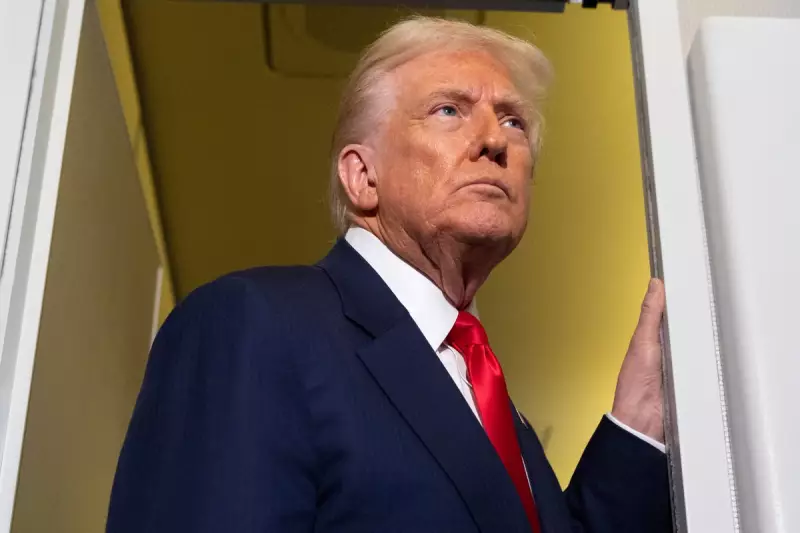
In a move that could dramatically reshape global security dynamics, former President Donald Trump is reportedly considering restarting American nuclear weapons testing for the first time this century. This controversial proposal has sent shockwaves through diplomatic circles and raised alarm among nuclear non-proliferation experts.
A Dangerous Precedent
The potential resumption of nuclear testing represents a significant departure from established international norms. The United States has not conducted explosive nuclear tests since 1992, maintaining instead a sophisticated stockpile stewardship program that ensures weapon reliability without underground detonations.
According to sources familiar with the discussions, Trump has suggested that demonstrating America's nuclear capabilities through actual testing could strengthen the country's negotiating position against global rivals. This perspective has drawn sharp criticism from arms control advocates who argue it would undermine decades of diplomatic progress.
International Reaction and Consequences
The proposal has triggered immediate concern among America's allies and adversaries alike. European diplomats have privately expressed alarm at the potential destabilisation of the existing nuclear order. Meanwhile, Moscow and Beijing have indicated they would likely respond in kind, potentially sparking a new nuclear arms race.
Key implications include:
- Potential collapse of the Comprehensive Nuclear-Test-Ban Treaty framework
- Renewed environmental concerns about radioactive contamination
- Accelerated nuclear weapons development by competing powers
- Erosion of global non-proliferation efforts
Expert Warnings and Historical Context
Nuclear policy specialists have universally condemned the idea, noting that the scientific consensus supports the effectiveness of current computer simulation methods. The Stockpile Stewardship Program has successfully maintained America's nuclear arsenal without explosive testing for over thirty years.
"Resuming nuclear testing would be a catastrophic mistake," warned Dr. Eleanor Vance, director of the Global Security Institute. "It would provide minimal military benefit while triggering exactly the kind of nuclear proliferation we've worked so hard to prevent."
The debate comes amid growing tensions between nuclear powers, with existing arms control agreements increasingly frayed. Russia's withdrawal from key treaties and China's nuclear expansion have created what some analysts describe as the most dangerous nuclear environment since the Cold War.
As the 2024 election approaches, this development positions nuclear policy as a central national security issue, with profound implications for global stability and America's role in international arms control efforts.





